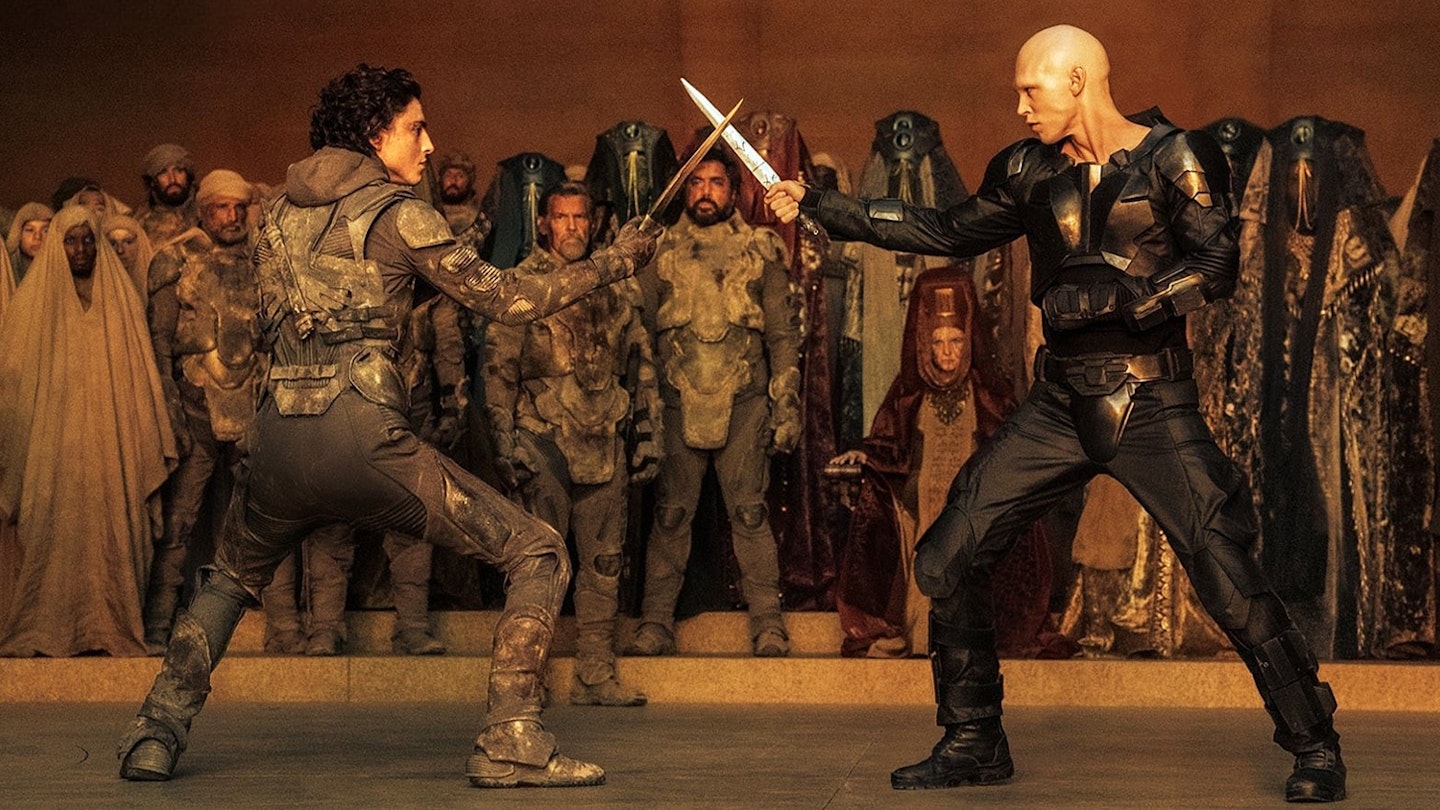As Denis Villeneuve’s Dune: Part Two puts its third weekend of release – and the $500 million mark at the box office – in the rearview mirror, director Denis Villeneuve sat down for an in-depth post-game analysis as part of the Empire Podcast spoiler special. Here are five things we learned from the real God Emperor of Dune.
Want to hear the whole thing? Sign up here.
1) Chani is the film’s true hero
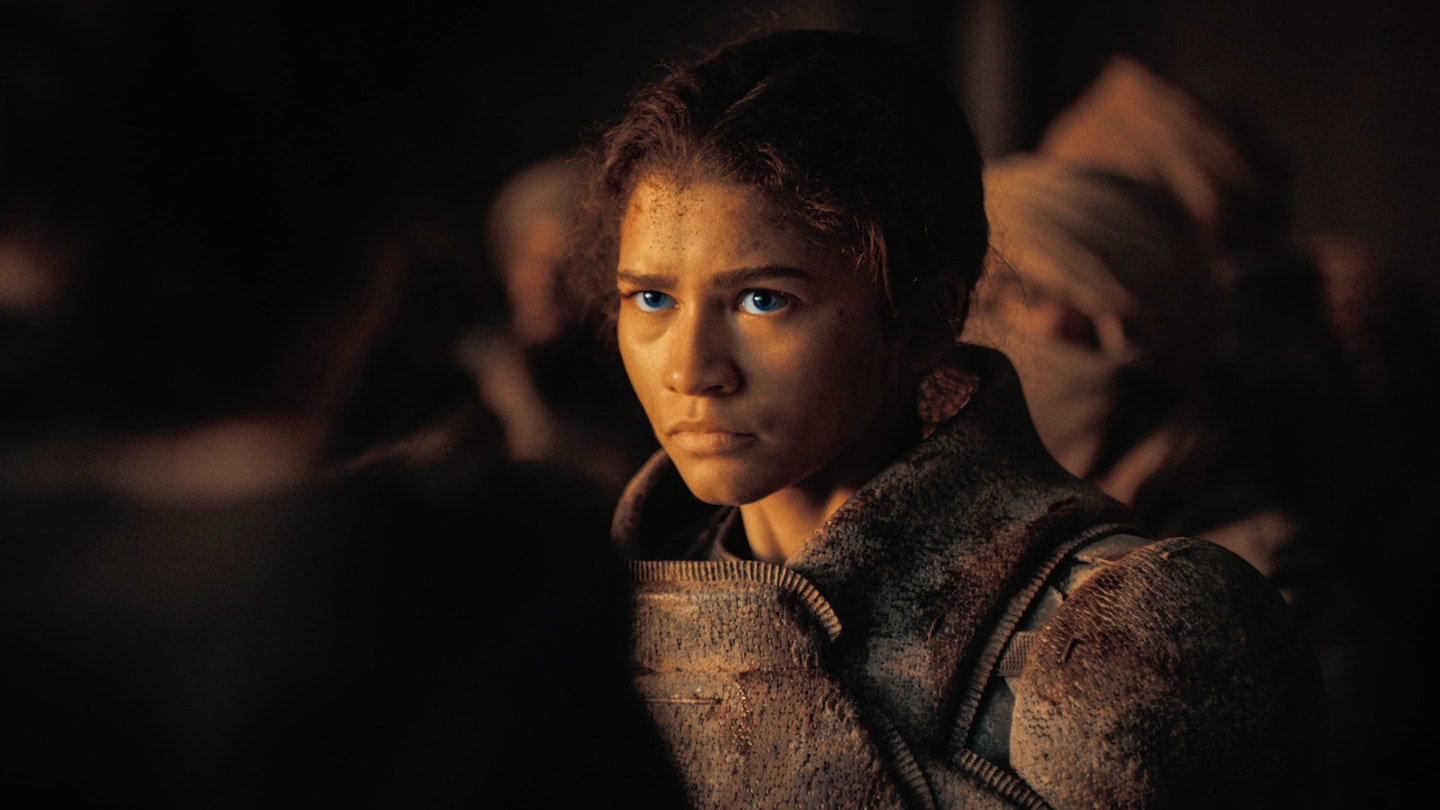
It may not have escaped your notice that, by the film’s end, Paul Atreides (Timothée Chalamet) is a far cry from the guileless young lad we met at the beginning of Dune: Part One. After drinking the Water Of Life and finding out more about his true family background, Paul heads down the road marked ‘Dictator’. “Chani is my secret weapon in this story,” Villeneuve says of Paul’s girlfriend and Fremen warrior, played by Zendaya in the film. “She is the one who helped me to bring the movie to where I wanted it to be. There’s a precise moment in the movie where suddenly you feel that her perspective on the story becomes the main one. I thought that to bring a new perspective on what Paul is becoming, to use Chani would be absolutely perfect. That’s why all the movie’s built into their relationship and the build of trust between them, and why Chani becomes slowly attracted to Paul.”
2) Villeneuve deliberately made the ending bleaker — and more romantic

The film, as per Frank Herbert’s book, ends with a duel between Paul and Harkonnen headcase Feyd-Rautha (Austin Butler), in front of Christopher Walken’s Emperor Shaddam IV. But before the two of them lock crysknives in anger, Paul informs the Emperor that he will marry his daughter, Princess Irulan (Florence Pugh), much to the surprise of everyone present – and to visible disgust from Chani. While the book ends on a similar note, there he makes it plain to Chani that it is merely a political move and that Irulan never have his heart nor share his bed. In the film, however, the move comes as a slap in the face, just after he pledges himself to Chani, emotionally speaking anyway, when he tells her that he will love her as long as he breathes. “I think it’s much more romantic,” says Villeneuve. “It’s much more emotional. We can relate to that. He has to do a political move, and it’s a feudal world so in order to get power he will take Irulan’s hand, but the way he expresses it in the film is much more romantic. I think from Chani’s perspective, she is destroyed by the fact that Paul is going towards Irulan, but much more by the fact that he becomes a colonising figure, something he said to her he would never do.”
3) Lady Jessica’s role was significantly enhanced for the film
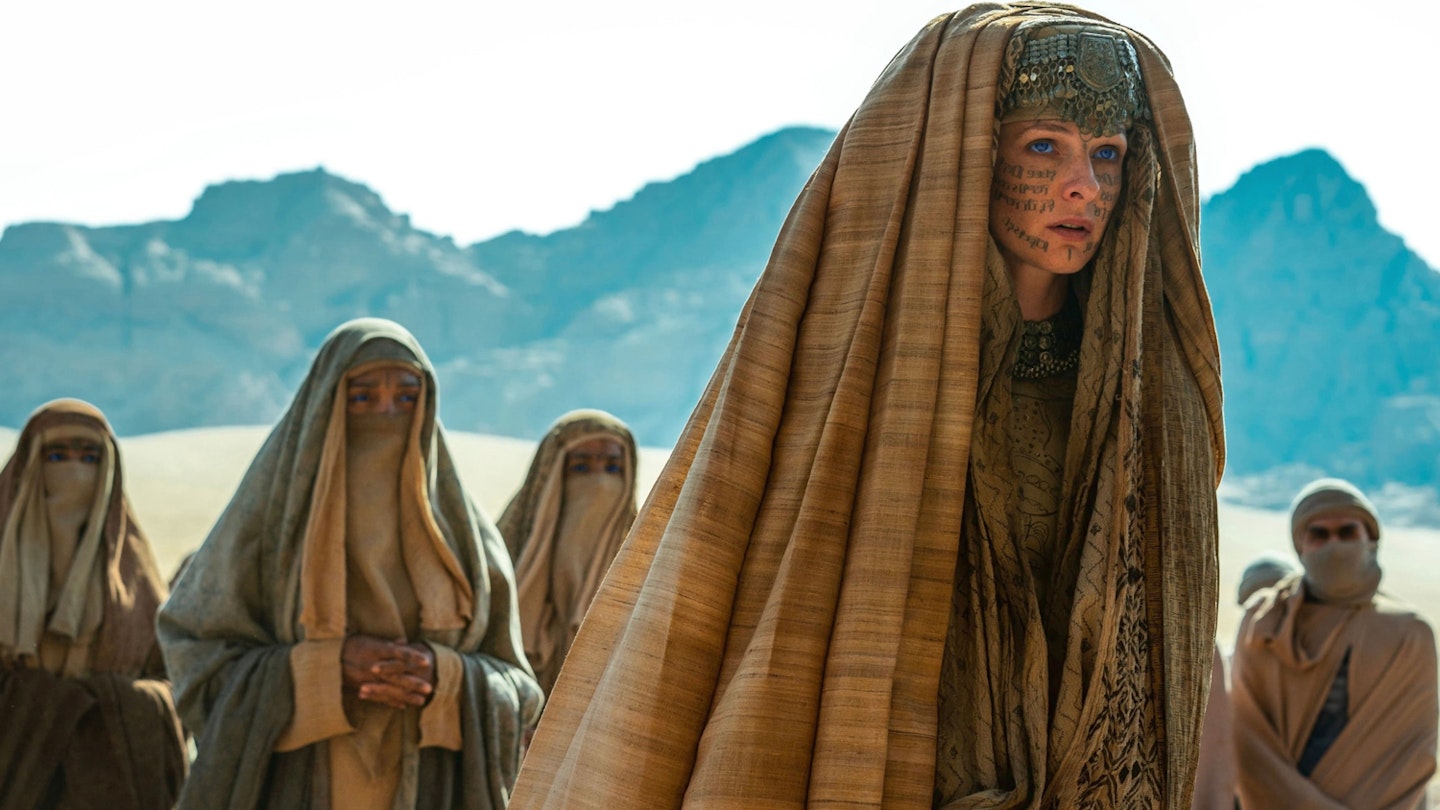
“She’s the most powerful character in this story,” says Villeneuve of Paul’s mum, the Bene Gesserit Lady Jessica, who is the first to ingest the Water Of Life (aka the life-fluid of a freshly killed baby sandworm), and who becomes a key force in manipulating Paul’s position within the Fremen community, positioning him as their Messiah, the Lisan al-Gaib. Here, as played by Rebecca Ferguson, she’s a terrifying force of nature. “In the book, she kind of disappeared and I always thought that was strange,” adds Villeneuve. “The tension between them is the tension that the movie’s about. She represents a form of power that is very dangerous. Because of Jessica’s decisions, the whole story is unfolding in front of our eyes. I thought it was quite interesting to keep her on screen and to follow her and to see the pulling of the strings in the shadows.” And more Rebecca Ferguson is never a bad thing.
4) That cameo was shot in absolute secrecy
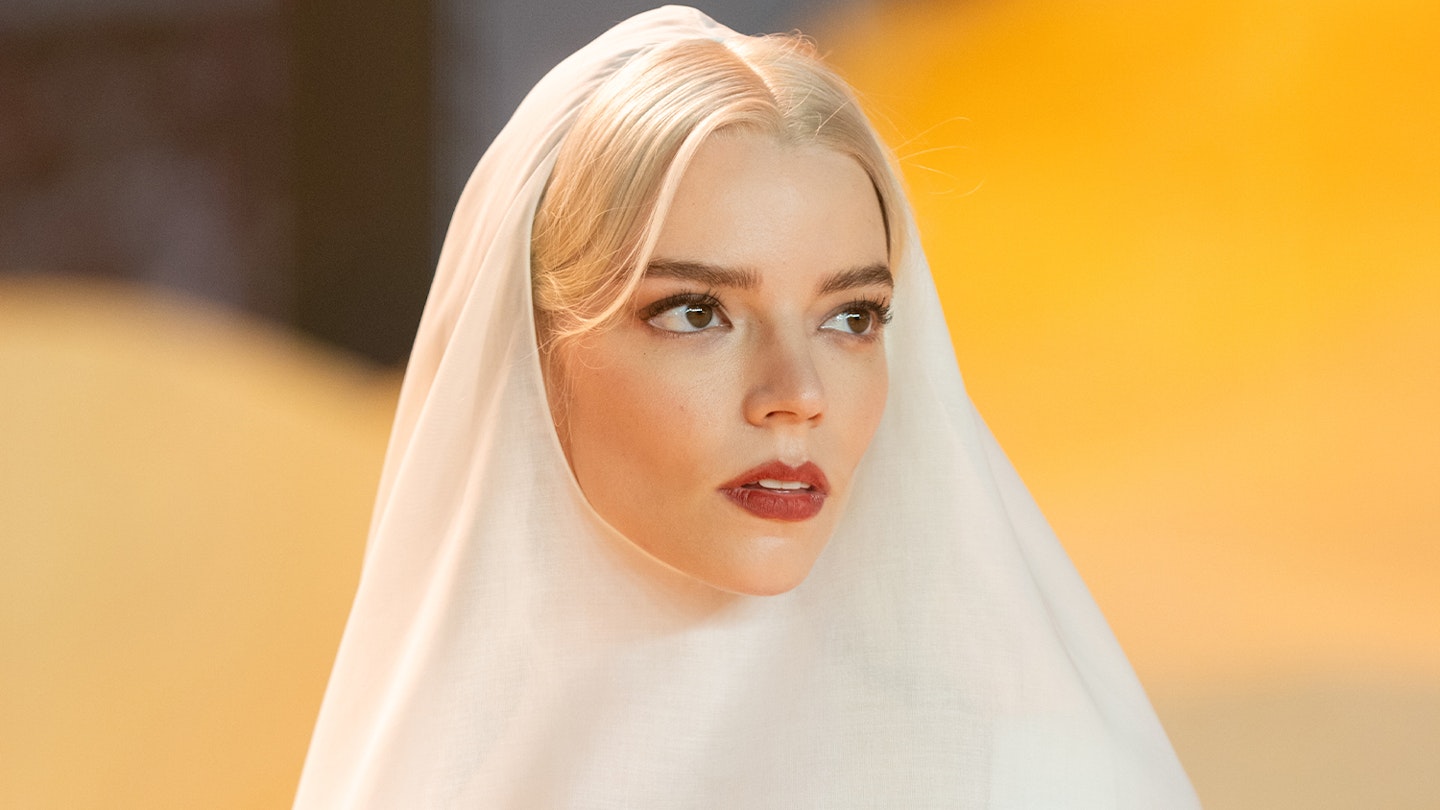
Throughout the movie, Jessica communes with her young daughter, Alia, despite the fact that the latter is still growing in Jessica’s womb. And, when Paul has a fever-dream following his Water Of Life session, he ‘meets’ a grown-up Alia, played by Anya Taylor-Joy. “I’m so happy we kept the secret so far,” laughs Villeneuve, who was speaking to us hours before Taylor-Joy rocked up at the film’s premiere with the rest of the cast. “Because in Hollywood, to keep a secret is very difficult. All my teams swore with their blood. We shot that sequence in high secrecy with a small unit. Very few people knew about it. And it gives us hints of where the next movie could be set.” Between this and Furiosa, Taylor-Joy clearly has a thing for Warner Bros. movies set in the desert, directed by visionary geniuses, and Villeneuve was delighted to have her on board. “I was so excited that she agreed to do that. I adore her. It was by far one of the most beautiful days of shooting.”
5) Don’t expect Dune: Part Three any time soon
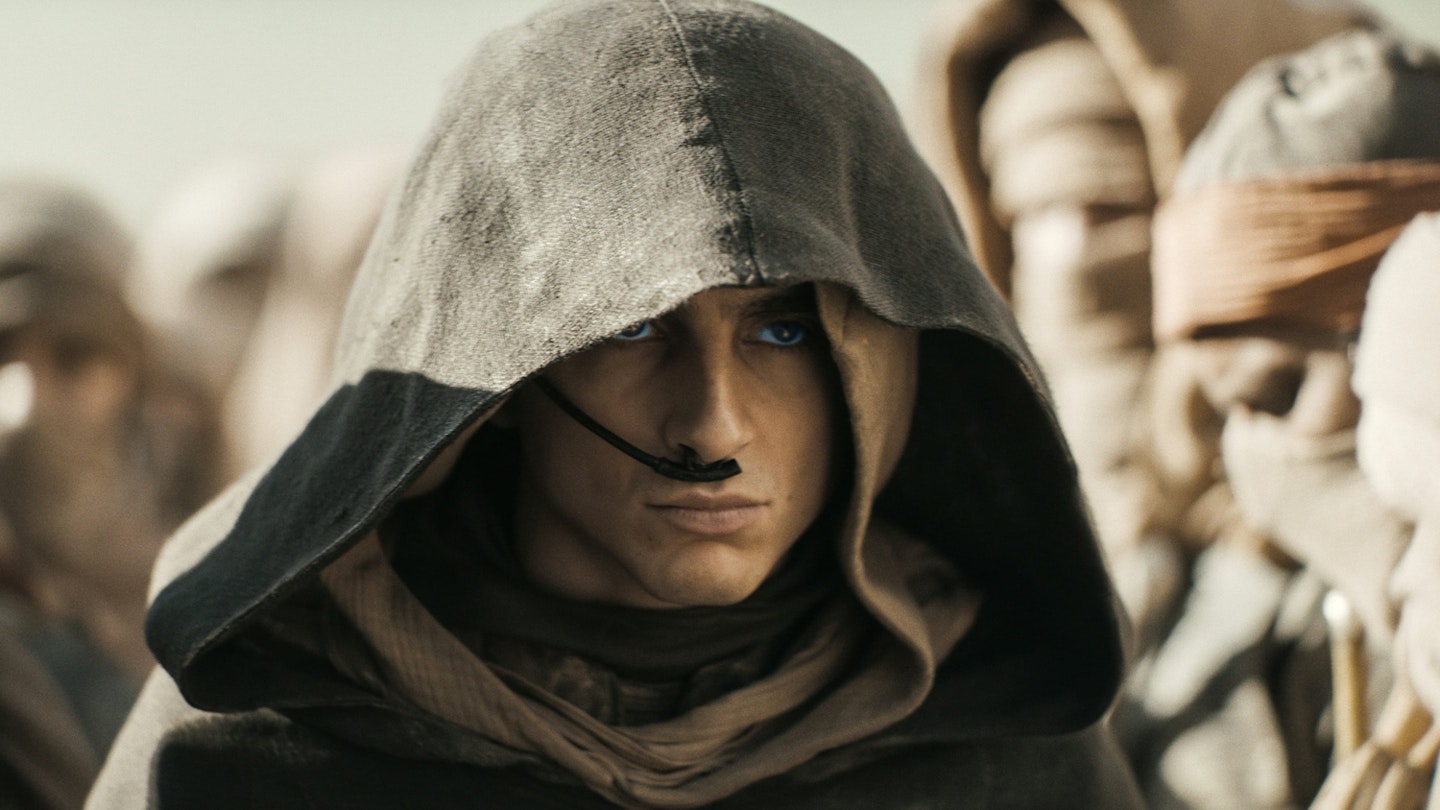
With Part Two kicking ass and taking names at the box office – not to mention an overwhelmingly positive critical reception – there must be a fair amount of pressure on Villeneuve to dive straight into adapting Dune Messiah, the next instalment in the series. Not so fast. “I did both movies back-to-back, which makes absolute sense for me,” he says. “I felt that it was a good idea to move forward right after Part One. We were already designing, writing et cetera. But it also meant that for six years I was on Arrakis non-stop, and I think it will be healthy to step back a little bit. First, make sure that we have a strong screenplay. The thing I want to avoid is not having something ready. I never did it, and now I feel it could be dangerous because of the enthusiasm. We need to make sure all the ideas are on paper.” And then comes a mouthwatering pledge, of sorts. “If we go back, it needs to be real, it needs to be relevant, if ever I do Dune Messiah, [it’s] because it’s going to be better than Part Two. Otherwise, I don’t do it.” Fingers crossed. If you see Villeneuve, use The Voice on him to try to hurry things along a little.
For more from Villeneuve and the podteam, as well as our archive of almost 400 incredible spoiler specials featuring interviews with some of the greatest filmmakers on the planet, sign up here.
